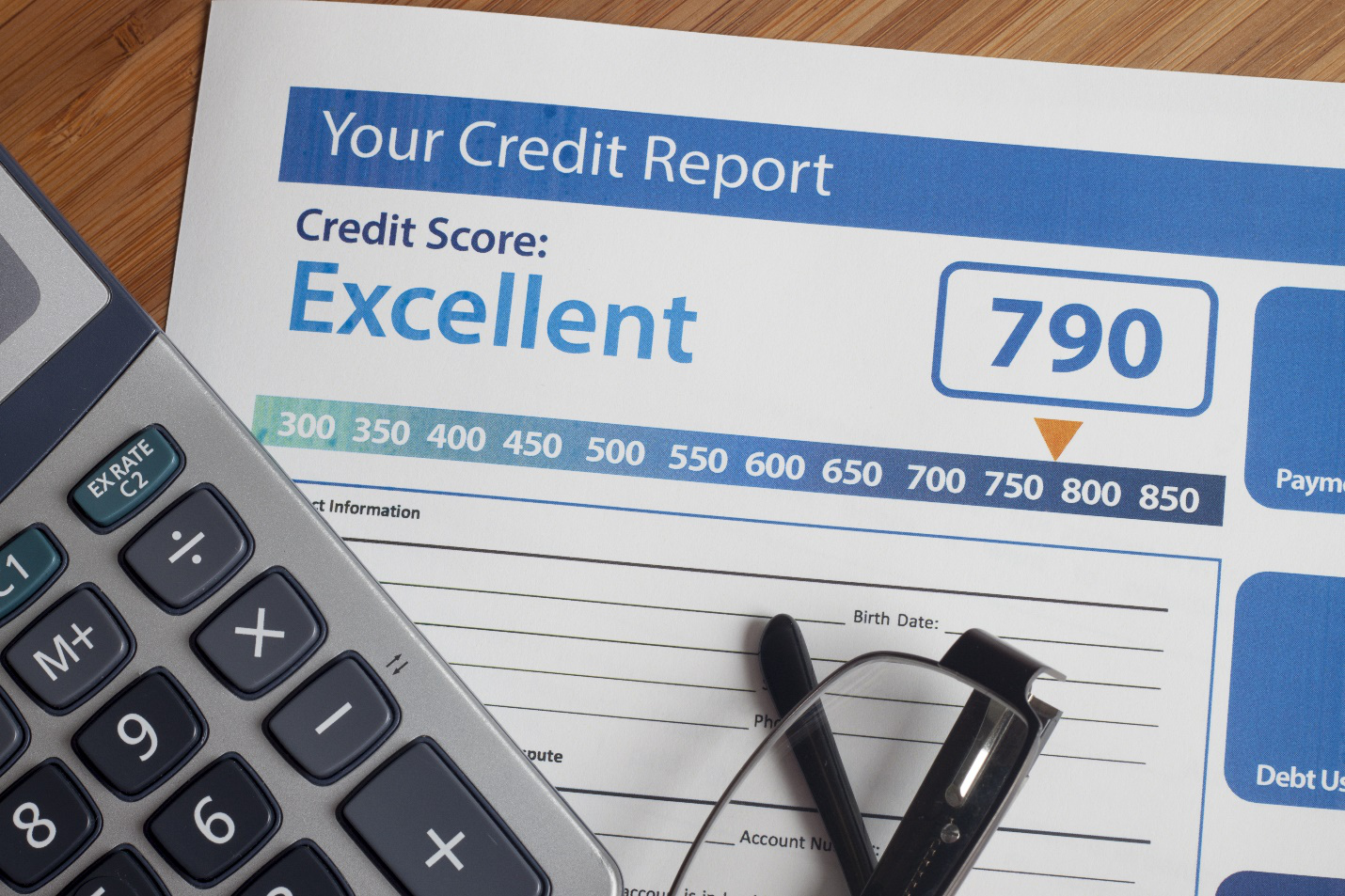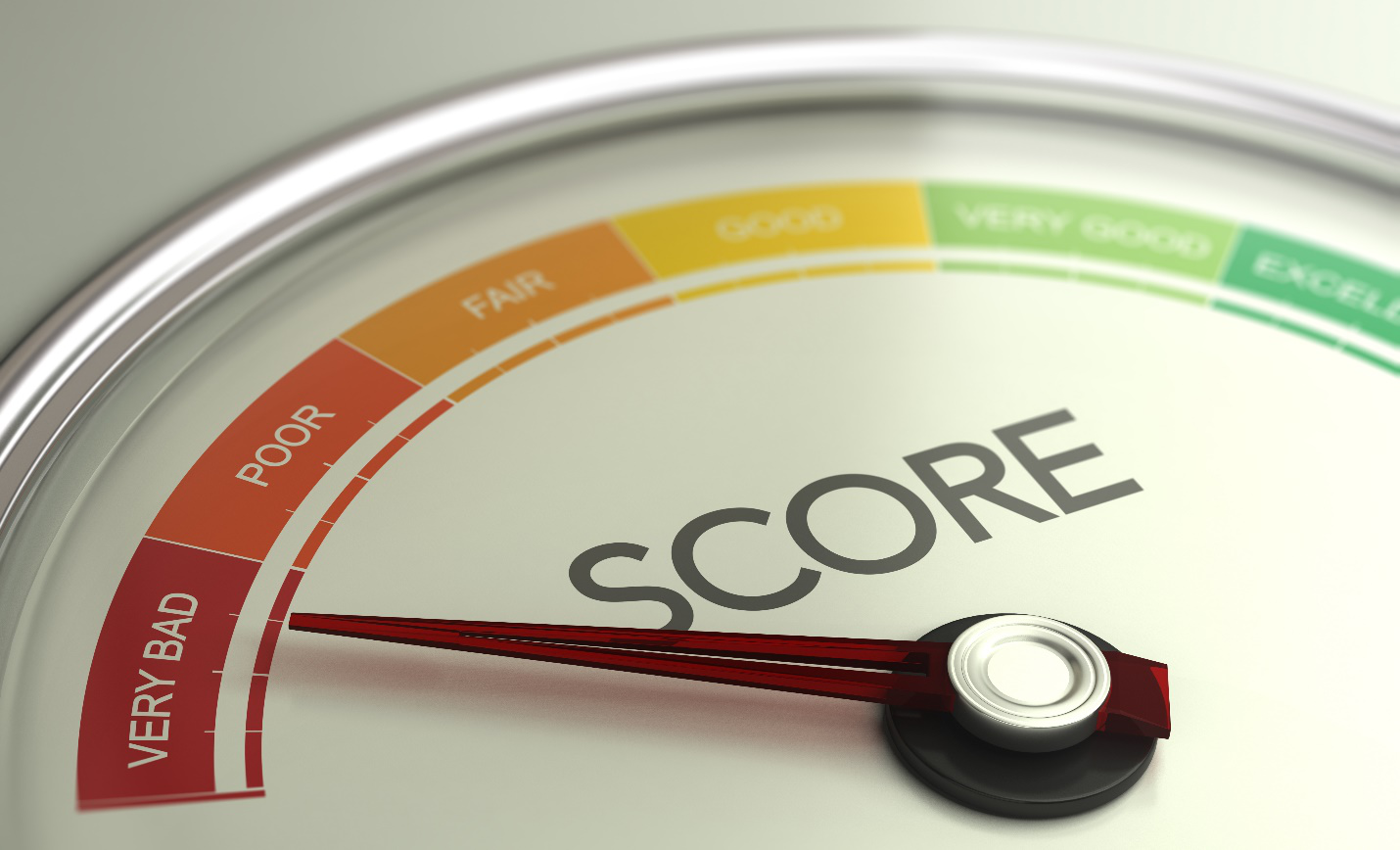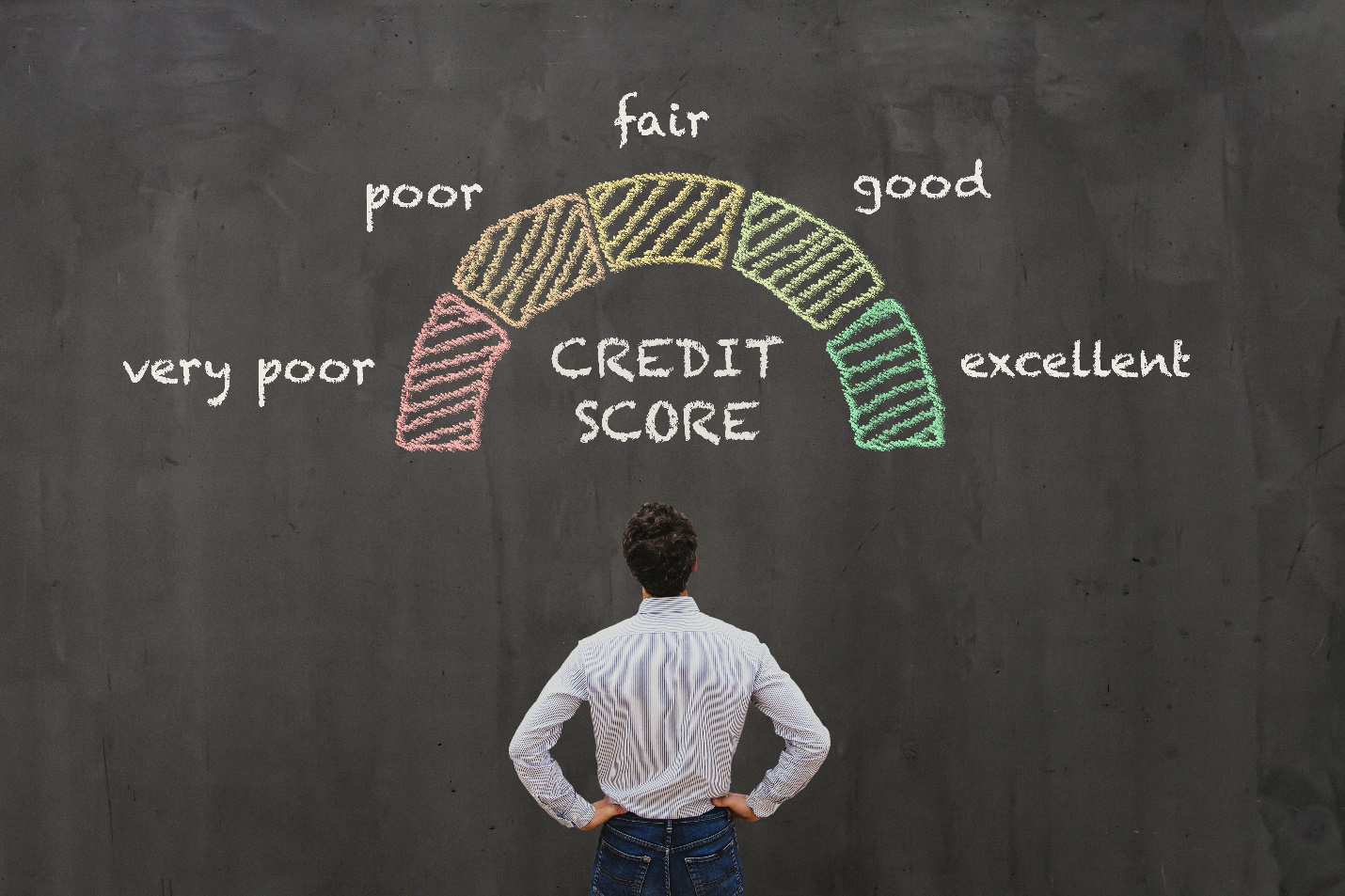Written by
Updated :
Reviewed by
Many of us have heard the term credit score, but what is a credit score, really? A credit score is nothing but a number ranging between 300 to 900 that is based on the credit history of an individual and depicts the creditworthiness of a consumer. The higher your score, the better you look to potential lenders. Factors that can impact your credit score include the number of open accounts, the levels of debt, the repayment history, and several other factors. A lender uses credit scores to evaluate the probability that the borrower will repay loans in the most punctual way.

How Do Credit Scores Work?
Now that we know what is a credit score, let’s understand what is a credit rating and how it works. A credit score can have a significant impact on your financial life. It plays a key role in a lender’s decision to offer credit. So, what is a good credit score?
People with credit scores lower than 600, for example, are categorized as subprime borrowers. Lending institutions often charge an interest rate on subprime mortgages at a rate higher than the conventional mortgage in order to compensate for carrying a greater amount of risk. They may also require a shorter term for repayment or a co-signer for borrowers with a lower credit score. In contrast, a credit score of 700 and above is usually considered good and may result in the borrower receiving a lower interest rate. This ultimately results in paying less money in interest over the loan life.
-A score of 800 to 850 is considered excellent
-A score of 750 to 799 is considered very good
-A score of 700 to 749 is good, and a credit score below these ranges is fair and poor, respectively.

Factors that Affect Your Credit Score
After having a fair understanding of what is a credit score, let us understand the factors that affect it the most. There are five major factors that are evaluated at the time of calculation of credit score. These include:
- Payment History: The payment history is one of the most significant aspects when it comes to credit scores. It is, however, important to remember that even one missed payment can have a negative impact on your credit score.
- Credit Utilization Ratio: Your usage of credit, as represented by the credit utilization ratio, is the second most significant factor in deciding your credit score. The credit utilization ratio is calculated by dividing the total amount of revolving credit in current usage by the total of your revolving credit limit.
Investment Articles
- Benefits of ULIP Investment Plan
- Types of ULIPs
- How to Save Tax with ULIPs
- Maximize Returns With ULIPs
- Best Short Term Investments for Tax Saving
- What is Power of Compounding
- What is Investment
- Types of Investment in India
- 80C Investment Options
- Fixed Deposit Interest Rates
- Voluntary Provident Fund
- Difference Between Saving And Investing
- What is Fixed Deposit
- What is Term Deposit
- What is Recurring Deposit
- Fixed Deposit vs Recurring Deposit
- What is KYC
- Max Life Guranteed Income Plan
- What is ULIP
- Number of Accounts: Individuals with the highest credit scores often multiple secured and unsecured credit accounts like credit cards, home loan, personal loan, car loan, etc.
- Credit Enquiries: The number of credit accounts you have most recently opened and the number of hard enquiries the lenders make when you apply for new credit cards or loans also impact your overall score.

How your Credit Score is Calculated
Different credit bureaus have their own unique credit score calculation models, that’s why your CIBIL Credit Score differs from your credit score of Experian, Equifax or CRIF Highmark. Below is an illustration of how Experian calculates your credit score along with the weightage each individual credit score factor:
- Payment history accounts for up to 35 per cent of the credit score and also shows if a person pays the obligations timely. The total amount owed counts for about 30 per cent and considers the percentage of available credit that an individual is currently using. This is known as the credit utilization ratio.
- The length of credit history accounts for around 15 per cent, with longer credit histories being considered at a lesser risk as there is more data for determining payment history.
- The type of credit used accounts for up to 10 per cent of the credit score and shows if a person has a mix of installment credit such as mortgage and car loans and the resolution of credit such as credit cards.
- New credit also counts for up to 10 per cent and factors in terms of how many new accounts an individual has and the number of new accounts they have applied for recently, resulting in credit inquiries.
The above weightage of individual credit score factors is for illustration only and may vary from one credit bureau to another.
Significance of a High Credit Score
Besides understanding what credit score is, it is also important to understand its significance in your day to day life. The credit score is a statistical analysis of your reliability when handling credit in the form of loans and credit cards so indicates your credit worthiness. Having a high credit score can give you significant benefits when you are seeking additional credit. These benefits include:
- Eligibility for lower interest rate on loans
- Availability of higher limit on credit cards
- Eligibility for higher loan amount
- Quicker processing of new credit applications like loans and credit cards
All the above benefits are directly linked to the significance a high credit score of 750 or above has. It allows you to stand out and indicates that you are judicious with your borrowings. The lender sees this as an indication that there is a lower risk of default with respect to your debt obligations. So lenders are willing to lend you a higher amount at favorable low rates.

FAQs
1. What is considered a good CIBIL score?
CIBIL score of 700 or higher is considered as a good CIBIL score. This can make it easier to be approved for new loans or credit cards. However, do remember that CIBIL Score is just one of the 4 credit scores you can avail in India.
2. Is it possible for the credit score to go down even if I pay on time?
Timely payment is just one of the factors impacting your credit score. You might have significant outstanding loans or taken a new loan recently, which can bring down your credit score even if you have paid on time.
3. Does zero balance in the bank account impact credit score?
No. Your bank account balance is not one of the factors that impacts your credit score. So, zero balance would not affect your credit score as long as you are making timely payments and being judicious with your use of credit.
4. Does income have an impact on credit score?
Neither your salary nor your income factors directly impact the calculation of credit score. However, loss of income that impacts your ability to pay bills on time can have an impact on your credit score.
5. Can debit cards impact your credit score?
Debit cards are not a form of credit. Therefore, their activity does not get reported to the credit bureaus and will also not appear on the credit report.
6. What are the three most significant ways to develop better financial habits and improve your credit score?
Here are some important ways in which you can develop better financial habits also improve your credit score:
- Keep your debt at a minimum
- Pay your credit card bills and EMIs on time
- Apply for a secured credit card
7. How often can I check my credit score?
You can check your credit score as many times as you like without affecting your credit. It is a good idea to check your score multiple times a year, especially before applying for a new credit card or loan. This will help you ensure that there is no negative impact on your credit score.
Sources:
https://www.cibil.com/
https://economictimes.indiatimes.com/wealth/borrow/seven-things-that-can-impact-your-credit-score/articleshow/62063933.cms
https://www.experian.com/blogs/ask-experian/credit-education/score-basics/what-affects-your-credit-scores/
https://www.clix.capital/check-credit-score/
https://www.cibil.com/faq/understand-your-credit-score-and-report
https://www.financialexpress.com/money/5-healthy-financial-habits-to-build-and-maintain-a-strong-credit-score/1800566/
https://blog.crifhighmark.com/how-often-should-i-check-my-credit-score-whats-the-myth-whats-the-truth/
ARN No: Nov22/Bg/15A
